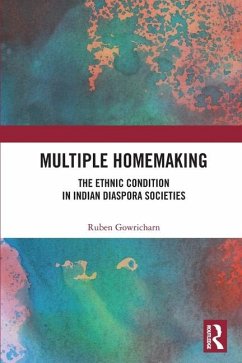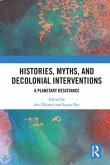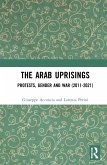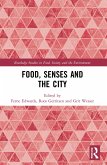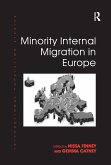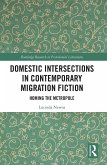This book develops a theoretical perspective on homemaking as the ethnic condition of Indian diaspora communities. It draws on empirical case studies to elucidate the multiple homemaking practices of two overseas Indian groups and their relations to their homeland, namely the Surinami Hindustanis and the Dutch Hindustanis. In doing so, it provides a new perspective on homemaking that captures ethnogenesis, integration and diasporic bonding at once. As opposed to the extant discourse on homemaking which overlooks institutional and cultural requirements, the author makes a point to scrutinise such concepts as douglarisation, groupism, citizenship, institutions, ethnification, social networks and technology, and transnational flows.
Unique and compelling, the book will be highly useful in studies of diaspora, globalisation and transnational migration, multiculturalism, cultural studies, ethnic minority studies, sociology, politics and international relations, andSouth Asian studies.
Unique and compelling, the book will be highly useful in studies of diaspora, globalisation and transnational migration, multiculturalism, cultural studies, ethnic minority studies, sociology, politics and international relations, andSouth Asian studies.

